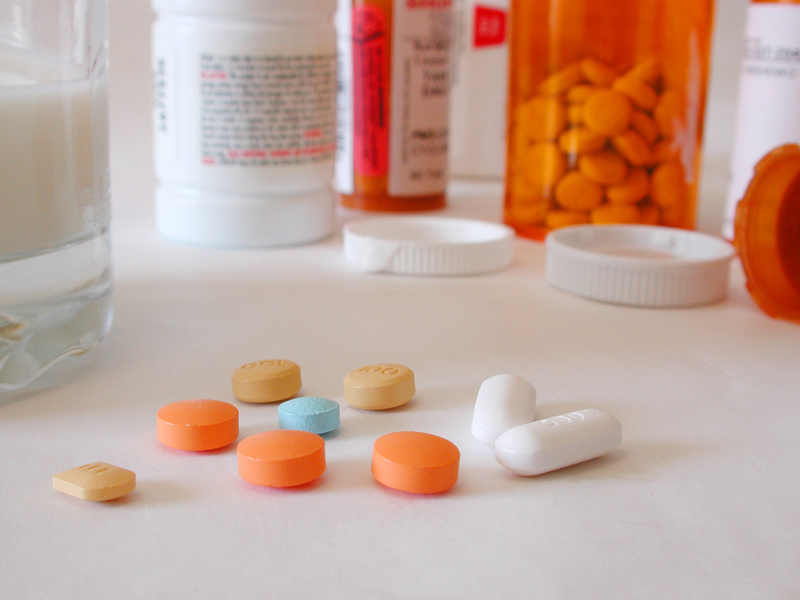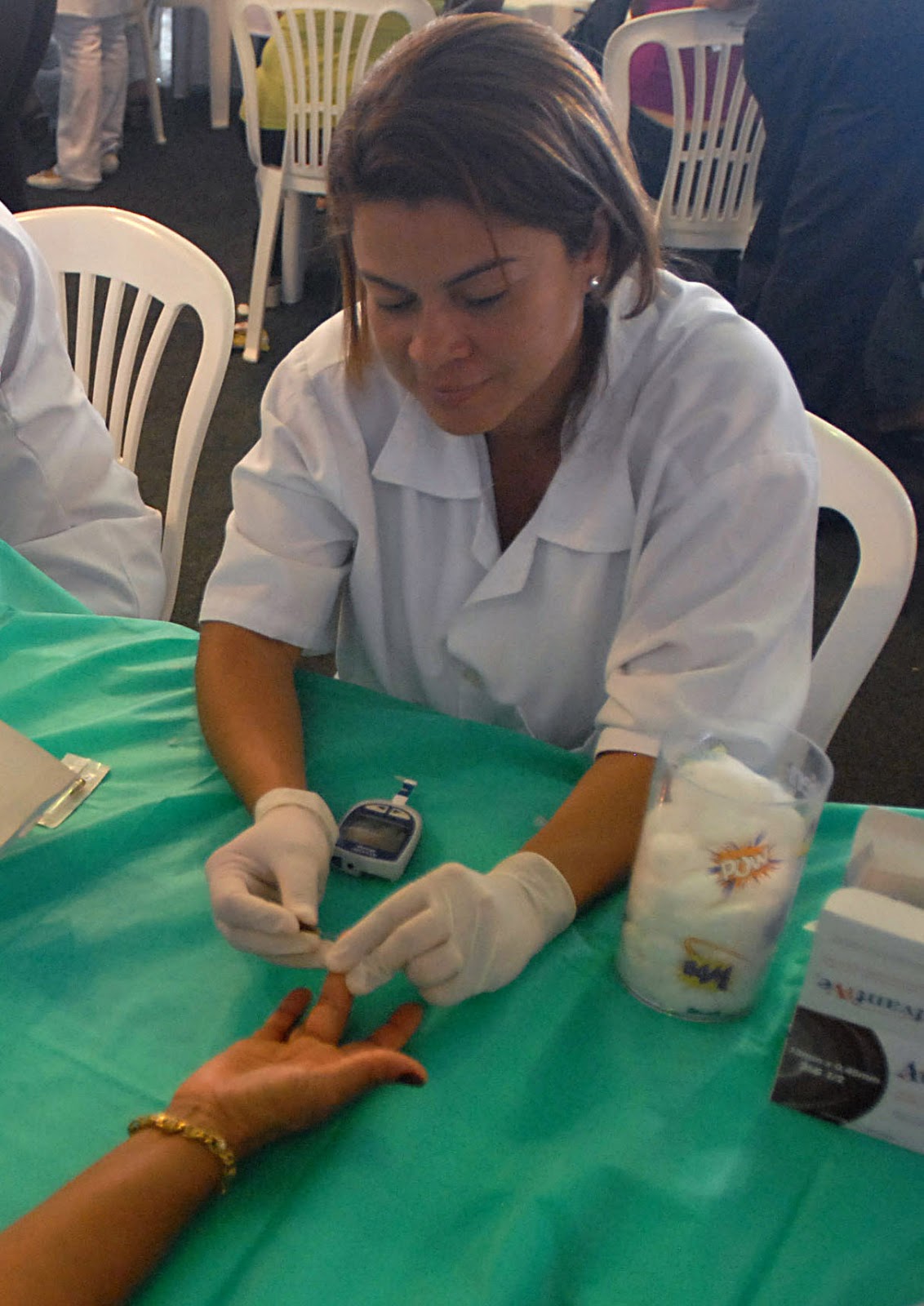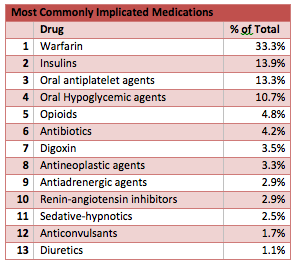
A great Viewpoint in JAMA Internal Medicine describes an important and common cause of over treatment and medication errors in hospitalized patients: Intensifying treatment for chronic problems that are best managed in the outpatient setting. The two most common culprits are hypertension and diabetes.
As our UCSF colleagues, Michael Steinman and Andrew Auerbach aptly note in this viewpoint, many patients, especially older patients, are admitted for acute problems like pneumonia. They also have hypertension, diabetes, or other conditions that are unrelated to the reason for admission.
A well intentioned hospital physician may see the hospitalization as an opportunity to “tune up” the patient by intensifying treatment for these conditions. But, this usually does more harm than good. Unless these conditions are out of control, or their treatment is part of the treatment of the acute illness, the patient will be better served by a less is more approach, leaving management to the outpatient doctor.
There are two big problems with intensifying treatment for chronic conditions such as hypertension and diabetes in the hospital.
First, acute illness often causes transiently worse control of hypertension and diabetes. Control will likely return to normal after the acute illness resolves. But when treatment is intensified in the hospital, the patient goes home dangerously over treated. In their viewpoint, Steinman and Auerbach give an example of a patient in whom intensification of blood pressure treatment in the hospital led to potentially dangerous low blood pressure after the patient went home.
Second, it is simply impossible to determine the ideal regimen for blood pressure and glucose control in the hospital. It makes no sense to try to carefully titrate meds for these conditions in the hospital where the patient’s activity and dietary regimen is completely different from their home regimen. We may feel good by making all the numbers look good in the hospital but the numbers will be very different when the patient goes home. Close titration of blood pressure and blood sugar in the hospital is usually futile.
Hospital physicians should think twice before trying to change established outpatient regimens for hypertension and diabetes in the hospital. Changes should only be made in consultation with the outpatient physician.
by: Ken Covinsky



